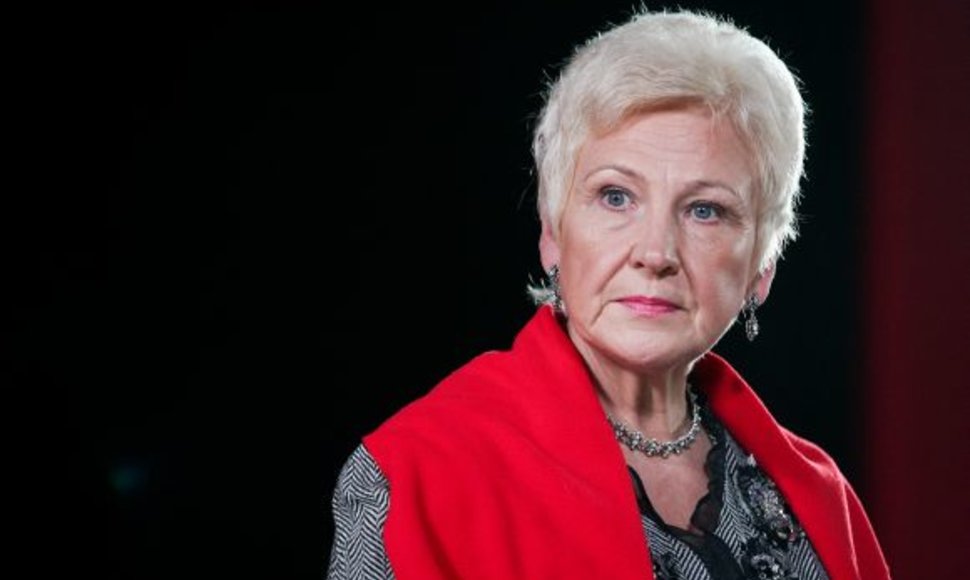"The current ruling majority is executing the law that was adopted in 2007. Therefore, I think this is pre-election populism, as these matters should have been addressed back in 2007," she said in an interview to Žinių Radijas news radio on Wednesday morning.
"For some reason, the Social Democrats did not have any (referendum) initiatives back then and did not want to hold the referendum," said Degutienė, member of the ruling Homeland Union – Lithuanian Christian Democrats (conservatives).
On Monday, opposition Social Democrats said they supported the idea of holding a referendum on the new nuclear power plant.
"Our position is that the referendum should be held to enable the population to clearly state its position on whether our country needs the power plant," Social Democrats' leader Algirdas Butkevičius said at a news conference.
Last Tuesday, the parliament approved for discussion the proposal of opposition groups to hold an advisory referendum on the N-plant plans in conjunction with the general elections in October. The referendum has also been initiated by a group of citizens that is due to collect signatures of at least 300,000 eligible voters by 27 June.
Degutienė acknowledged the society now had questions in connection to the power plant, saying that answers would be provided by the Energy Ministry and top executives of Visaginas Nuclear Power Plant during the discussion of the concession agreement.
"Everyone is talking today but there's nothing specific. There are various questions, uncertainties and I hope representatives of the Energy Ministry and director of the nuclear plant will have an opportunity to come to the parliament and answer all questions to dispel the doubts," the parliamentary speaker said in the interview.
Lithuania's government says the new nuclear power plant will increase the country's energy security, as the country has been importing more than half of electricity after decommissioning of the Ignalina nuclear facility in 2009. Government representatives have said the Visaginas electricity price will be competitive.
The new power plant is expected to be operational by 2020-2022, with participation of strategic investor Hitachi and Baltic energy companies.














